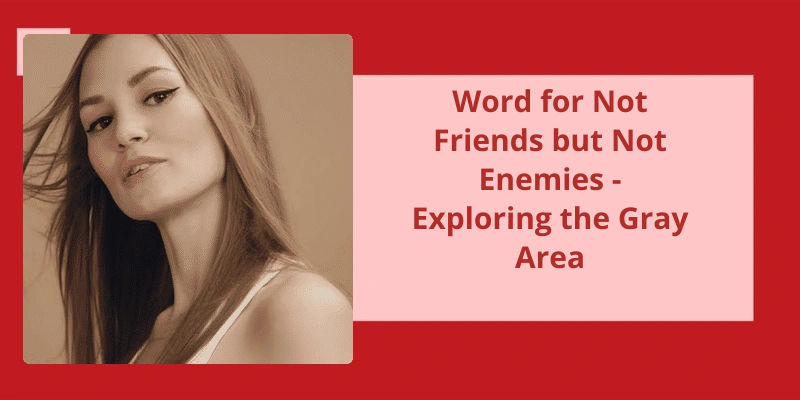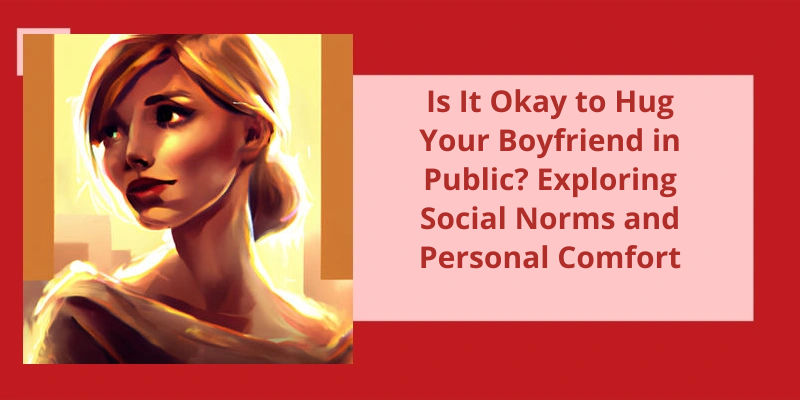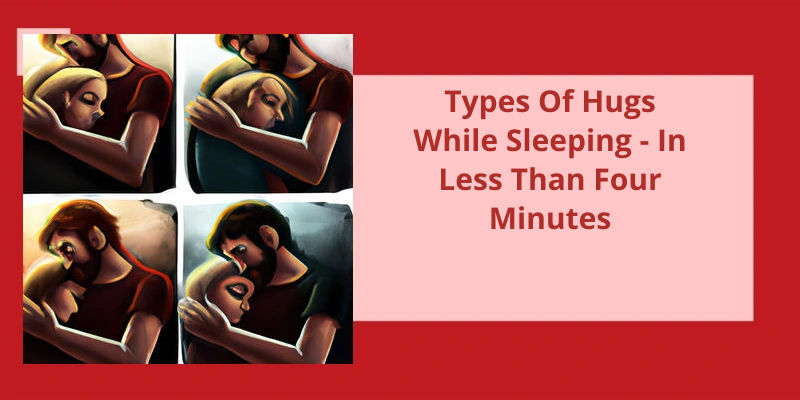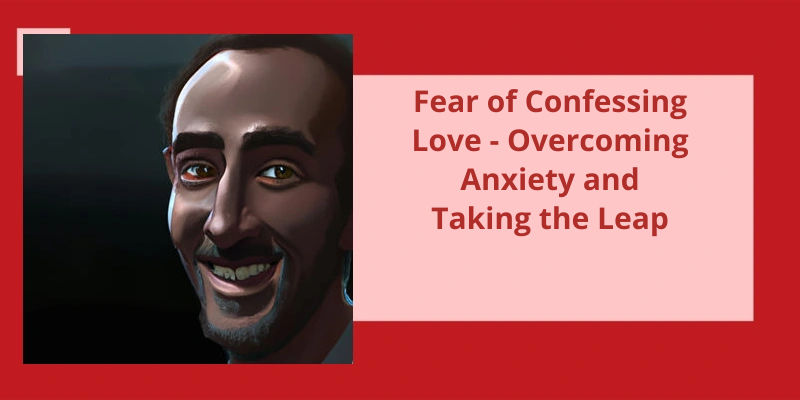Human relationships are complex and varied, ranging from deep friendships to complete strangers passing each other on the street. In the middle lies acquaintanceship, a relationship characterized by a level of familiarity and basic knowledge about another person, but lacking the depth and intimacy of true friendship. While acquaintances may not share the same level of emotional investment as friends, they still occupy an important space in our social lives. This is especially true when it comes to knowledge by acquaintance, a type of understanding that pertains to general qualities of something without making specific inferences. By learning about the world around us through acquaintances, we develop a richer understanding of the nuances and complexities of the world.
Is the Opposite of a Friend an Enemy?
However, in reality, the opposite of a friend can take on many forms. A friend can be someone who supports, trusts, and cares for you. Therefore, the opposite of a friend can be someone who doesn’t support or trust you, or someone who actively looks to harm you. This could be a stranger or someone you know, such as a co-worker or family member who doesn’t have your best interests at heart.
This could be someone who’s a rival or competitor, such as in a sports setting or workplace.
While the most commonly used antonym for friend may be enemy or foe, the opposite of a friend can also take on many forms. It can range from indifference to active opposition, and can be subjective based on individual perspectives and experiences.
The Importance of Defining Friendship: What Qualities Make Someone a Friend and Why Is It Important to Have Friends?
- Trustworthiness and honesty
- Being a good listener
- Having similar interests and values
- Show support and encouragement
- Being reliable and dependable
- Sharing experiences and memories
- Having fun and enjoying each other’s company
- Providing comfort during difficult times
- Reducing stress and improving mental health
- Experiencing personal growth and self-reflection
- Expanding social circle and networking opportunities
- Overall improvement in quality of life
Now that we understand the definition of a non friend, let’s take a deeper look into this concept and explore the potential impact it can have on our social lives and mental well-being. From social media to real-life interactions, navigating relationships with non friends can be tricky, but it’s important to understand how to handle these situations in a positive and healthy manner.
What Is a Non Friend?
A non friend is an individual who isn’t considered a friend. Non friends can include acquaintances, strangers, coworkers, and even family members who aren’t particularly close. In some cases, non friends may have only interacted with one another briefly or not at all, while in other cases, they may have had a past relationship that’s since fizzled out or turned sour.
Despite the lack of personal connection, non friends can still play a role in shaping our relationships and interactions with others. For example, an acquaintance or coworker may provide a valuable reference or introduction to a potential job opportunity, even if they aren’t considered a friend. Similarly, a family member who isn’t particularly close may still play a significant role in family gatherings or celebrations.
In some cases, the line between friend and non friend can be blurred, particularly in small or tight-knit communities. For example, someone who isn’t considered a close friend may still be invited to social events and gatherings, simply because they’re a member of the community. Likewise, people who were once friends may drift apart over time, becoming non friends without even realizing it.
Whether through networking, family ties, or community relationships, non friends will continue to be a common feature of our social landscape for years to come.
As humans, we thrive on social interaction and connection. However, not all relationships we form are necessarily positive or meaningful. In fact, sometimes we encounter individuals who aren’t our friends and might even be considered the opposite. But what do we call those people? Is there a word to describe someone who lacks companionship or confidants? Let’s explore this further.
What Is a Word for Non Friend?
The word “non friend” may not be a commonly used term, but it definitely conveys the concept of someone without companionship or confidant. In todays fast-paced world, it can be easy to feel isolated and alone, especially when we’re constantly bombarded by social media images of people having fun and enjoying life with their friends. It’s important to remember that having friends isnt a requirement for happiness, and there are many people who live fulfilling lives without close companions.
Being friendless can be a difficult experience, however. It can lead to feelings of depression, anxiety, and low self-esteem. Without someone to confide in or spend time with, it’s easy to feel disconnected from the world around us. This is why it’s important to find other sources of support and connection, such as volunteering, joining a club or organization, or engaging in a hobby.
It’s also important to remember that being friendless doesn’t mean that something is wrong with us. Sometimes friendships simply don’t work out, or peoples lives take them in different directions. In fact, many people find that as they get older, their social circles naturally shrink as they focus on their careers, families, and other responsibilities. It’s a normal part of life, and shouldnt be something to feel ashamed of.
One way to combat feelings of loneliness and isolation is to reach out to others who may be going through similar experiences. Online forums and support groups can be a great resource for connecting with others and sharing our struggles and triumphs. It’s also important to be kind to ourselves and practice self-care, such as getting enough sleep, eating well, and engaging in activities that bring us joy.
As humans, we’re social creatures and crave connection with others, but there are many ways to find that connection beyond traditional friendships. With a little effort, we can build fulfilling lives that are rich in meaning and purpose, even without a close confidant by our side.
Understanding the opposite of a friend is essential to framing the importance of friendship in our lives. While an enemy may be the most obvious opposite, there are many additional words that can be used to describe a person who isn’t a friend. Oxford Languages provides a comprehensive list of similar and opposite words to friend, including words like confidant and associate as well as words like opponent and rival. Each of these words has it’s own unique connotations and implications, and understanding them can enhance our understanding of the role that friendship plays in our lives.
What Is the Opposite of a Friend?
Friendship is a precious bond that we share with someone on a personal level. It brings warmth, comfort and happiness in our lives. But what happens when the relationship turns sour? What’s the opposite of a friend? The answer is simple – an enemy. An enemy is someone who’s hostile towards us, someone who wants to hurt us in some way, be it emotionally, physically or mentally. They’re someone who’s in direct opposition to our interests and feelings.
On the opposite end of the spectrum, we’ve strangers – people we don’t know at all. However, this doesn’t mean we should be indifferent towards them. In fact, it’s important to be kind and respectful towards everyone, even strangers.
Another word that comes to mind when we think of the opposite of a friend is a rival. A rival is someone we compete with, in either a personal or professional setting. While they aren’t exactly enemies, they’re still in direct competition with us, which can often lead to tension and conflict.
Finally, we’ve the term frenemy, which refers to someone who’s both a friend and an enemy. This can be a tricky relationship to navigate, as the person can be supportive and loving one minute, and then turn around and do something hurtful the next. Frenemies are best avoided, as they can cause a lot of emotional turmoil and stress.
From companions and acquaintances to strangers and rivals, the people we interact with can fall into various categories. It’s important to be mindful of how we treat everyone, regardless of whether they’re friends or foes. Building healthy relationships takes time and effort, but it’s always worth it in the end.
Different Types of Friendships and How They Can Change Over Time
- Childhood friends: friends since early ages, grow up and develop together.
- School friends: friends from school, who share similar interests and hobbies.
- College friends: friends from college, who share common goals and aspirations.
- Work friends: friends with whom we work, share professional goals and challenges.
- Online friends: friends we meet through social media, online platforms, chat rooms, and forums.
- Casual friends: friends we hang out with occasionally, without much depth and intimacy.
- Close friends: friends we can confide in, share our inner feelings, and trust unconditionally.
- Long-distance friends: friends who live in different regions, countries, or continents, and who still maintain a strong bond.
- Frenemies: friends who’ve a competitive or ambivalent relationship, often alternating between admiration and envy.
- Ex-friends: friends who used to be close but have drifted apart, due to various reasons such as distance, conflicts, or changes in lifestyle.
Source: What’s the opposite of a friend?..
While an acquaintance is a type of relationship between two individuals, it’s typically considered to be less intimate than a friendship. Acquaintanceship involves mutual dealings between people, but it doesn’t necessarily entail a deeper level of emotional connection or commitment. Despite this, some may argue that acquaintanceships can still be beneficial and valuable in their own right.
Does Acquaintance Mean Relationship?
Acquaintance is a term that’s often used to describe a relationship between two people. Some may argue that being acquainted with someone doesn’t necessarily mean that a relationship exists. However, it’s important to note that every human being has their own unique definition of what a relationship is.
To some, a relationship means a close emotional bond between two people, while to others, it may simply mean a state of mutual dealings or interactions. This is where the term acquaintanceship comes in. It’s a state of dealing and interaction between two people but without the emotional connection that comes with being friends.
Relationships come in various types, and they’re an essential part of the human experience. Whether it’s family, friends, or acquaintances, it’s imperative to understand how we relate to each other. The state of mutual dealings between people or parties is a crucial aspect of human relationships, and understanding the levels of those dealings is vital.
Conclusion
In conclusion, knowledge by acquaintance is an interesting concept that highlights the importance of recognizing that there’s a level of knowledge that exists beyond our own subjective interpretations. Additionally, the fact that this type of knowledge doesn’t involve reasoning that leads to the formation of specific conclusions emphasizes the need to remain open-minded and receptive to new information as we continue to interact with the world and with others. Ultimately, by recognizing and appreciating the role of acquaintance knowledge in our lives, we can strive towards a more well-rounded and nuanced perspective that allows us to better navigate complex social and intellectual landscapes.






